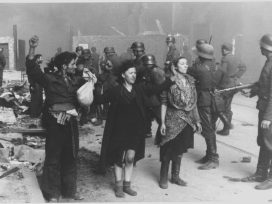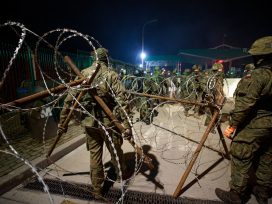
The Polish, Israeli and German heads of state came together for the first time ever to commemorate the 80th anniversary of Warsaw Ghetto uprising. Despite the international attention, great tensions lie under this political milestone, ranging from historical censorship to the claim to the moral high ground.
